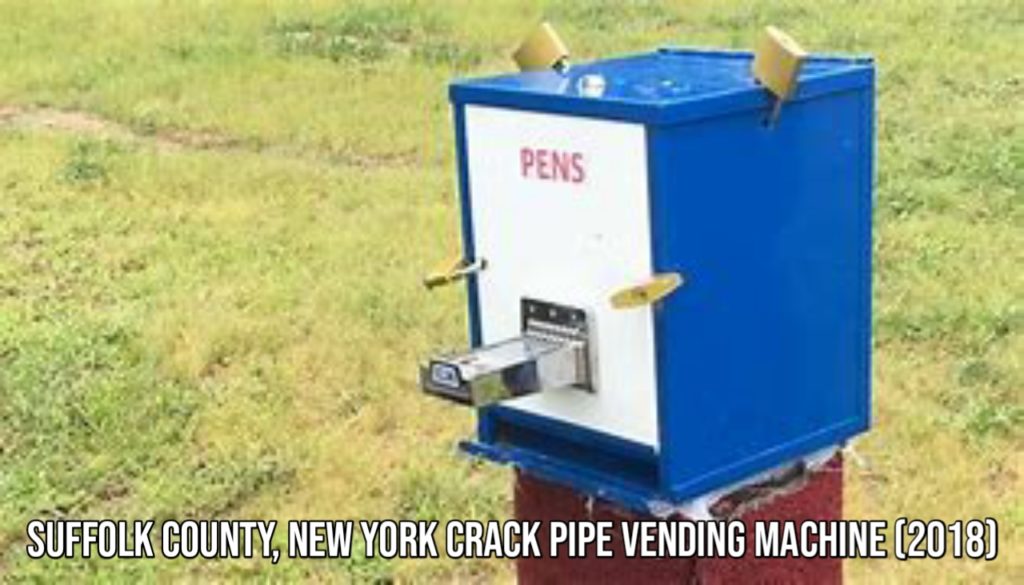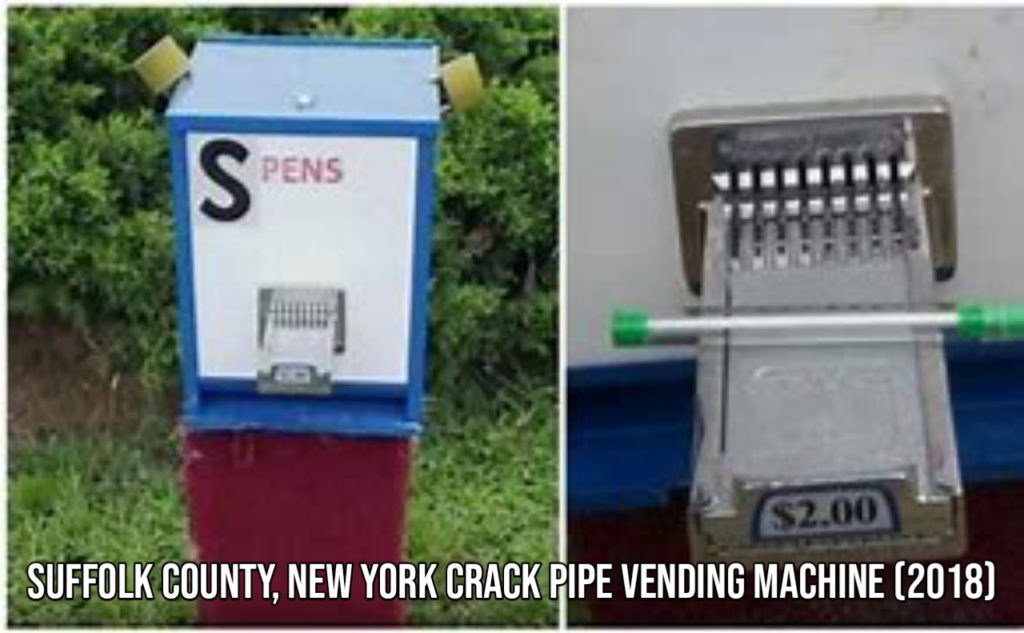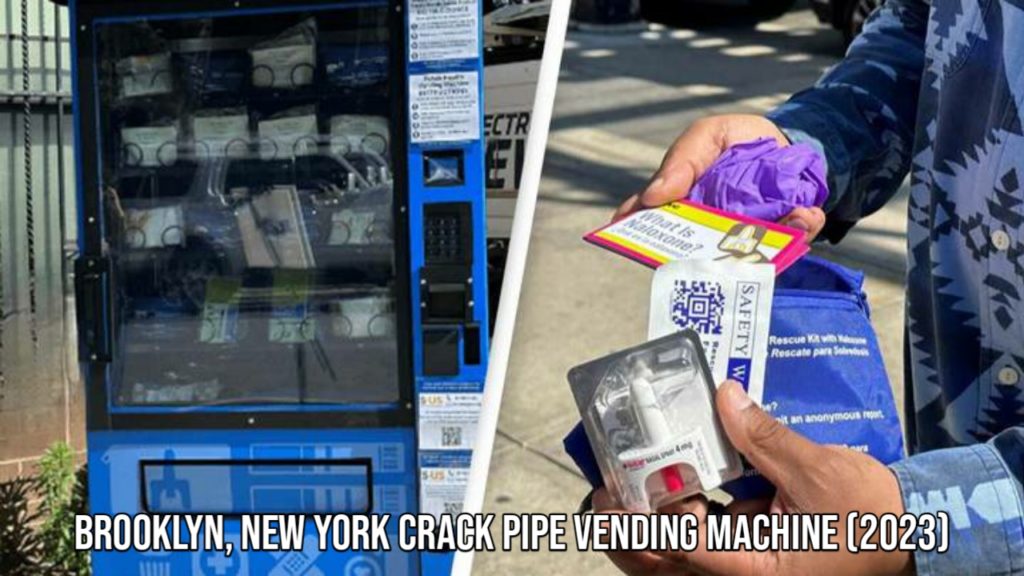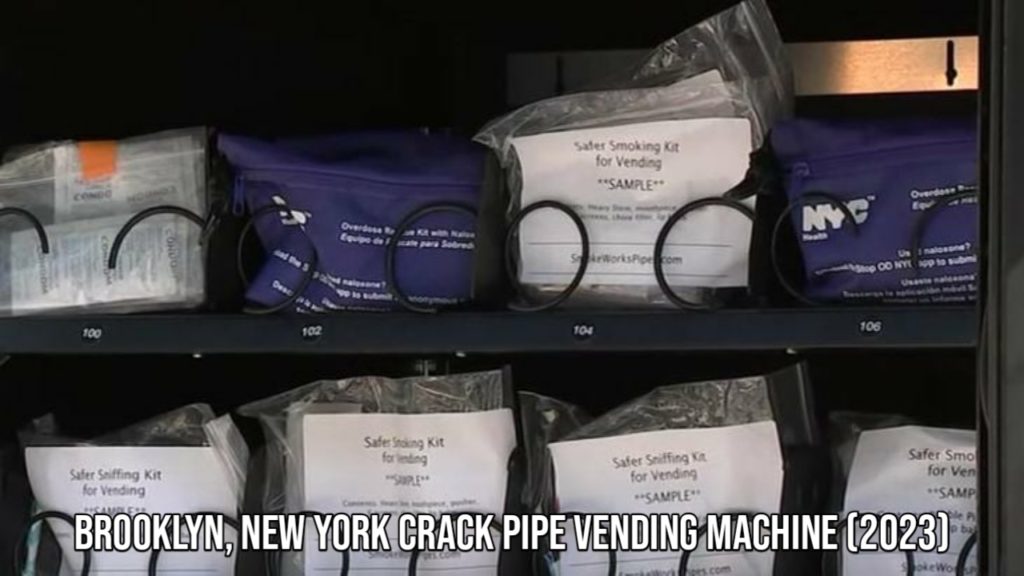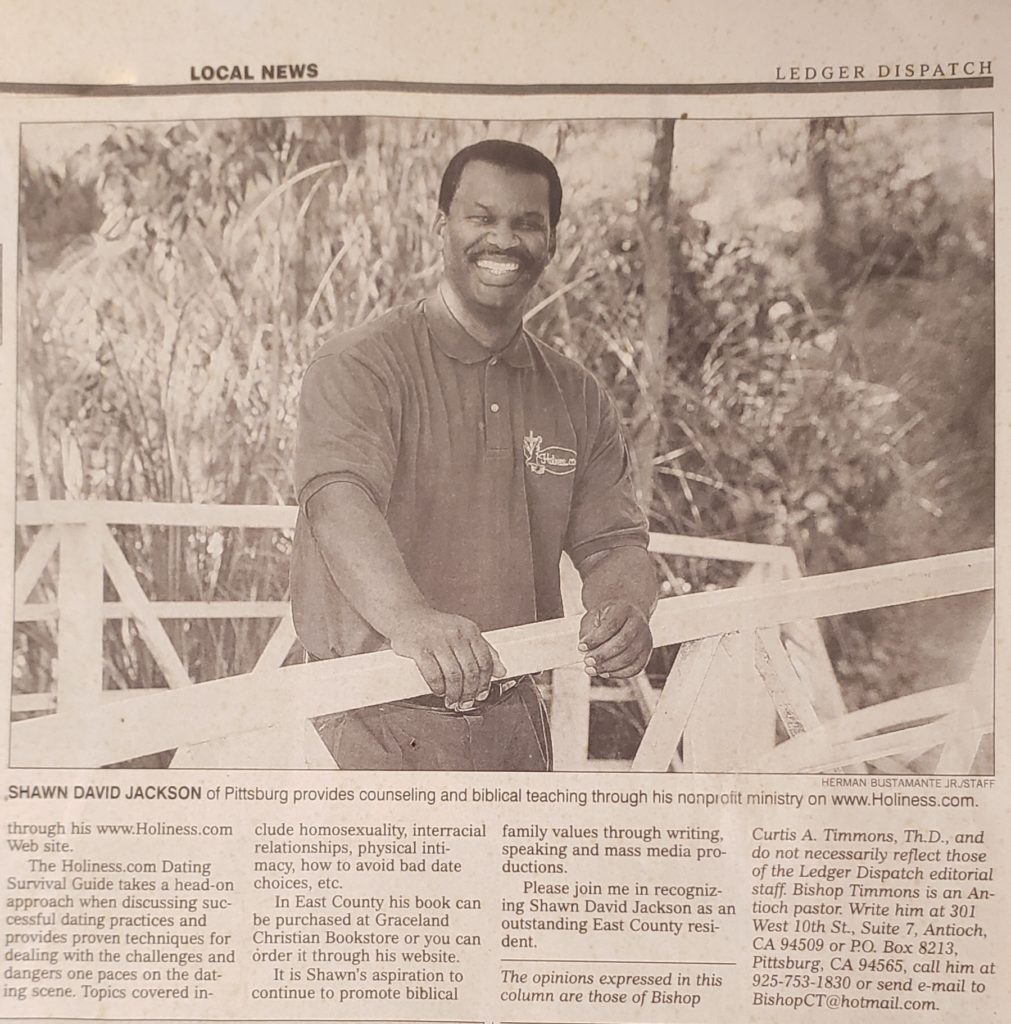
=================================================================================================================================================================================================
New York City Sells Crack Pipes in Vending Machines
Normally someone would find sweet desserts or snacks in a vending machine, but in 2018 New York city had a different kind of vending machine in town: a crack pipe vending machine. Citizens of Suffolk County New York, came across 3 different vending machines that advertised “pens” for $2. Upon inserting 8 quarters, one of these vending machines would dispense a crack pipe with a filter inside, which is drug paraphernalia, which supposedly the police said is not illegal to sell. Whoever installed these machines did so without a permit and the vending machines were possibly toiletry-dispensing vending machines stolen from public facilities. Suffolk county police, after complaints from people who lived in the area, worked to locate the rest of these pop up “pen” vending machines, and the persons responsible for installing the machines.
The story doesn’t stop there because 5 years later in Brooklyn, New York crack pipe vending machines make another appearance, this time legally! For free, just by entering one’s zip code, people gain access to not just crack pipes, but also sniffing kits, injecting kits, condoms, and Narcan (a medication used to help people facing overdose from substances including opioids). One might wonder why something like crack pipes would be distributed by the NYC government. The Department of Health and Mental Hygiene, the organization responsible for setting up these vending machines, believes giving access to clean drug use materials might help save some of the citizens lives and reduce the physical harm of drug use. They are mainly targeting neighborhoods that are high in overdoses and some people in favor of these machines are hoping that long term the users will reach out for care. Many people against these vending machines correctly understand that helping people overcome addiction and reducing overdose should not involve giving people drug paraphernalia to keep using what they need to break free from.
